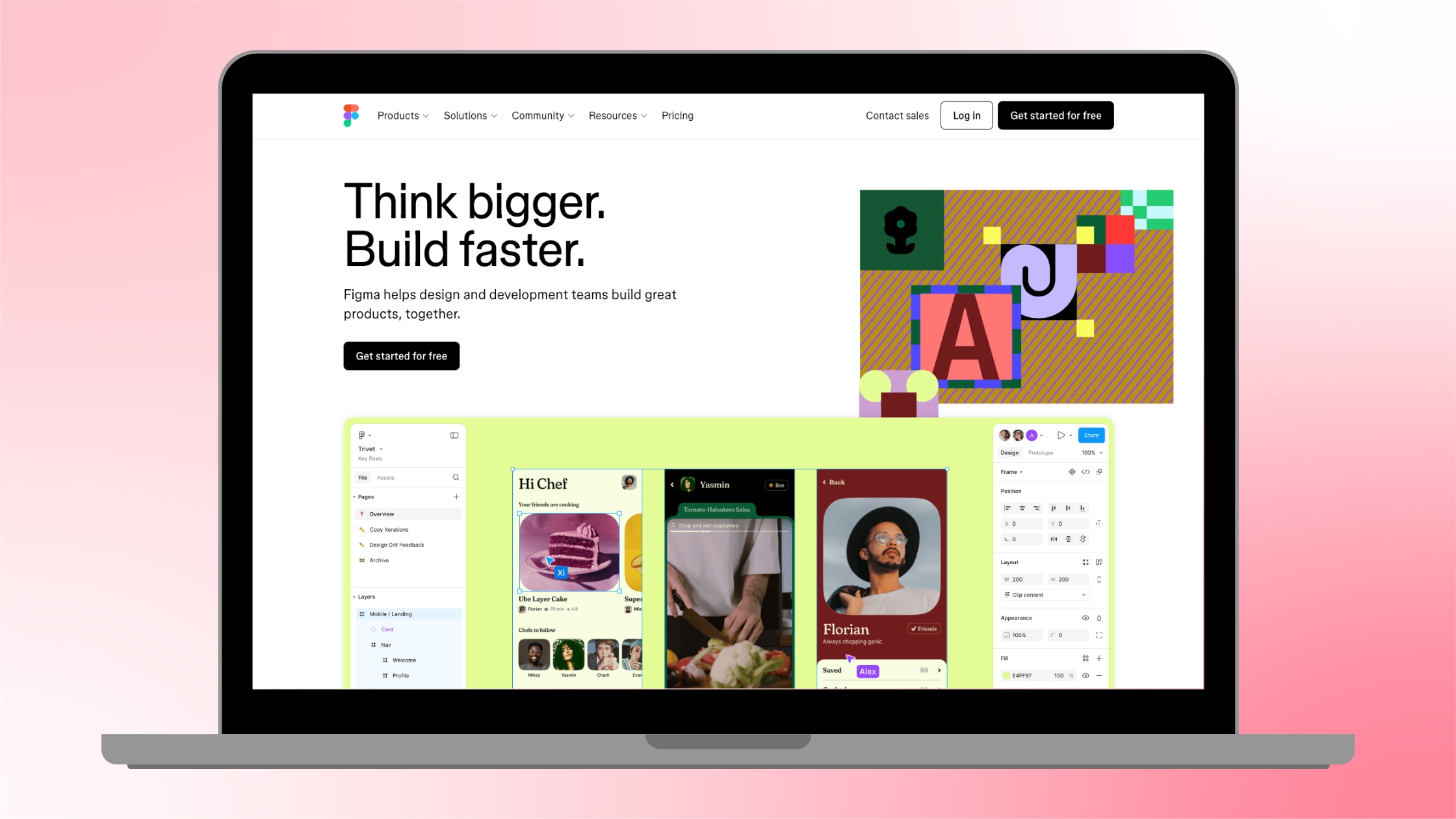Best Way to Learn Digital Marketing: A Beginner’s Guide
Embarking on the journey of learning digital marketing can be both exciting and overwhelming, especially for beginners. With the rapidly evolving landscape, finding the best way to learn digital marketing becomes crucial.
In this comprehensive guide, we’ll break down the essentials, share insights on the ideal courses, delve into essential skills, and answer the burning question: Is three months sufficient to master digital marketing?
Getting Started: How do Beginners Begin in Digital Marketing?
- Understanding the Basics: To start with digital marketing, grasp the fundamentals. Begin by exploring the core concepts, such as SEO, social media marketing, email marketing, and content marketing. Numerous online resources provide introductory courses, offering a solid foundation.
- Dive into Online Courses: Digital marketing courses tailored for beginners are a great starting point. Platforms like Coursera, Udemy, and HubSpot Academy offer courses that cover the basics in a beginner-friendly manner. Look for courses that balance theory with practical applications.
- Hands-On Experience: Learning by doing is crucial in digital marketing. Create your blog, set up social media accounts, and experiment with different tools. This hands-on approach enhances your understanding and hone your skills.
The Best Course for Learning Digital Marketing:
Choosing the right course is pivotal in your learning journey. Here are a few recommendations:
- Google Digital Garage: Google’s Digital Garage provides a free course on fundamentals, covering various aspects of digital marketing. It’s an excellent starting point for beginners.
- HubSpot Content Marketing Certification: HubSpot offers a comprehensive content marketing certification, emphasizing the importance of content in the digital landscape.
- Coursera’s Digital Marketing Specialization: Coursera provides a specialization program by the University of Illinois that covers a wide range of digital marketing topics. It’s a well-rounded course with a practical approach.
Essential Skills for Digital Marketing:
- Analytical Skills: Digital marketing relies heavily on data. Develop the ability to analyze metrics and draw insights to refine your strategies.
- Creativity: In a competitive digital space, creativity stands out. Cultivate your creative thinking to devise innovative and engaging campaigns.
- Adaptability: The digital landscape evolves rapidly. Stay on top of industry trends, algorithm changes, and emerging technologies to adapt your strategies accordingly.

Is Three Months Enough to Learn Digital Marketing?
The duration needed to master digital marketing varies based on individual commitment, prior knowledge, and the learning resources used. While a three-month timeframe might provide a solid foundation, continuous learning and real-world application are key.
- Foundational Understanding: In three months, you can fully understand digital marketing concepts. However, mastering the intricacies requires ongoing learning and practical experience.
- Continuous Learning: Digital marketing is dynamic, with new tools and strategies emerging regularly. Dedicate time beyond the initial three months to stay updated and refine your skills.
- Real-World Application: Applying your knowledge to real-world projects is essential for mastery. Use the three months to grasp the basics and then focus on practical applications to reinforce your learning.
What systems and software should I know starting in digital marketing?
- Google Analytics: Understanding website traffic is fundamental. Google Analytics provides insights into user behavior, helping you analyze the performance of your digital campaigns.
- Google Ads: For paid advertising, Google Ads is a powerful platform. It allows you to create and manage ads, set budgets, and track performance.
- Facebook Ads Manager: Social media advertising is a key component of digital marketing. Facebook Ads Manager enables you to create and optimize ads on the Facebook platform.
- Mailchimp: Email marketing is a cost-effective way to engage with your audience. Mailchimp is a user-friendly tool for creating and managing email campaigns.
- Hootsuite: Social media management is streamlined with Hootsuite. It allows you to schedule posts, monitor social media activity, and engage with your audience across multiple platforms.
- Canva: Visual content is essential in digital marketing. Canva is a user-friendly graphic design tool that helps you create appealing visuals for social media, blog posts, and more.
- WordPress: Many websites run on WordPress due to its user-friendly interface and extensive plugin support. Understanding how to navigate and manage content on WordPress is valuable.
- Yoast SEO: SEO is a crucial aspect of digital marketing. Yoast SEO is a WordPress plugin that assists in optimizing content for search engines, guiding you on best practices.
- Buffer: Similar to Hootsuite, Buffer helps you schedule and manage social media posts. It’s a handy tool for maintaining a consistent social media presence.
- Grammarly: Clear and error-free content is vital. Grammarly is a writing assistant tool that helps you improve the quality of your written content by checking for grammar and spelling errors.
- BuzzSumo: Researching trending topics and understanding what content performs well is easier with BuzzSumo. It provides insights into popular content in your industry.
- Trello: Project management is crucial for staying organized. Trello is a collaborative tool that helps you manage tasks, projects, and deadlines.
- Figma: Figma is a collaborative design tool that allows teams to create, prototype, and collaborate on real-time design projects. It’s beneficial for creating and sharing design mockups.
- Notion: Notion is an all-in-one workspace for note-taking, project management, and collaboration. It can be customized to fit your workflow, making it a versatile tool for organizing and sharing information.
- Google My Business: Optimizing your presence on Google is essential for local businesses. Google My Business helps you manage your business information and interact with customers.
- Adobe Creative Cloud (optional): If you’re creating more complex graphics or editing videos, Adobe Creative Cloud tools like Photoshop and Premiere Pro can be beneficial.
Remember, as you progress in your digital marketing journey, you may discover additional tools that align with your specific needs and preferences. Always stay open to exploring new technologies and adapting your toolkit accordingly.
Conclusion:
Embarking on the journey to learn digital marketing is an exciting venture. By understanding the basics, choosing the right courses, developing essential skills, and embracing continuous learning, beginners can navigate the digital landscape successfully. While three months can provide a solid foundation, the key lies in ongoing dedication, adaptability, and hands-on experience. As you embark on this learning journey, remember: the best way to learn digital marketing is a blend of knowledge, creativity, and practical application.


